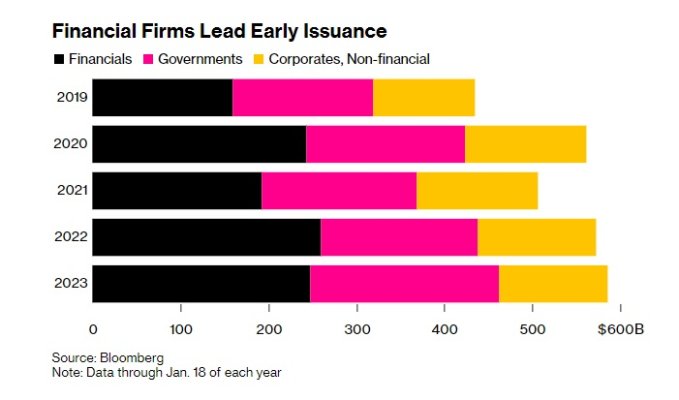Banks are starting to extend their call protection for retail corporate notes. This new issue from TD Bank has 2 years of call protection on a five year note. It is offered at TDA.
***THE TORONTO-DOMINION BANK CALLABLE FIXED RATE NOTES
CUSIP / ISIN: 89114X5V1 / US89114X5V12
Offering Period: 01/19/2023 - 01/26/2023
Maturity Range: 2028 - 2028
Settlement Date: 01/31/2023
Moodys/S&P: A1/A/
01-31-2028
5.250
100.000
Quarterly
Callable
01/31/2025@100
I bought a few of these in my TDAmeritrade acct. Over 5.25% from a great bank is good to me!

